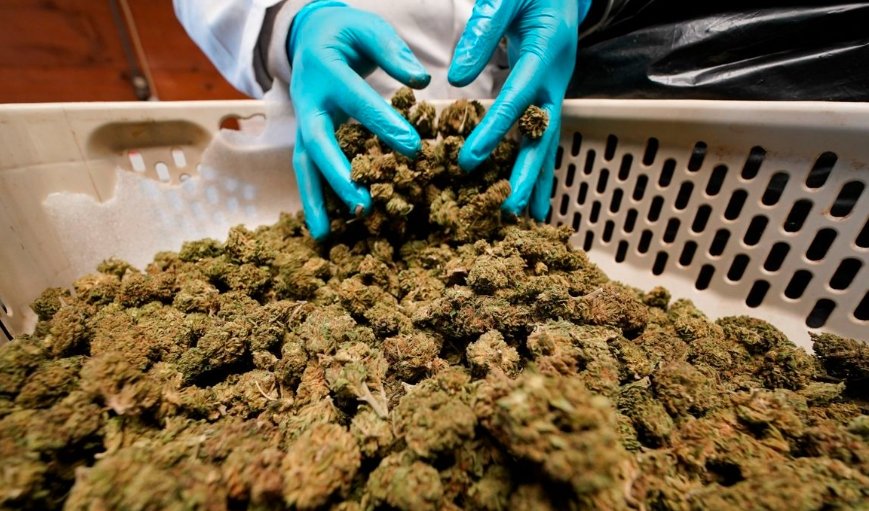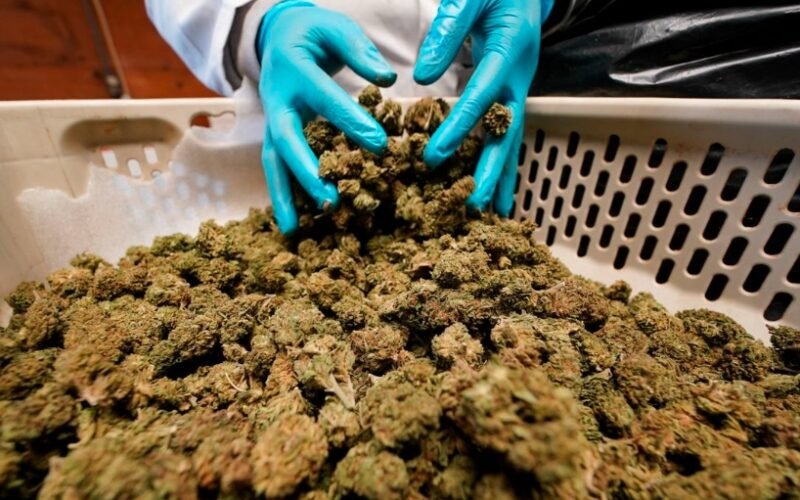In a dramatic turn of events, New York’s cannabis regulations faced a judicial rollercoaster, challenging the state’s approach to cannabis control. A recent court ruling initially struck down most of the state’s cannabis regulations, only to be partially retracted, leaving the industry in a state of uncertainty.
The Initial Verdict
An Albany County Supreme Court judge delivered a shocking blow to the New York cannabis industry by initially ruling against the majority of the state’s cannabis regulations. This decision came in response to a lawsuit filed by Leafly, a cannabis website, which contested the state’s prohibition on marijuana dispensary advertising on third-party platforms.
The ruling suggested a near-complete dismantling of the regulatory framework governing adult-use cannabis in New York. The cannabis community reeled as the implications of such a sweeping decision began to unfold.

The Swift Reversal
However, the legal landscape shifted almost overnight when NY State Supreme Court Justice Kevin Bryant amended the ruling. The revised decision criticized the Office of Cannabis Management and the New York Cannabis Control Board’s response to Leafly’s lawsuit, highlighting a lack of evidence presented before the administrative agency.
The amended ruling scaled back its scope significantly, focusing only on specific regulations concerning advertising and third-party marketing restrictions. This sudden reversal mitigated the initial chaos but still left many unanswered questions about the future of cannabis regulation in the state.
The Aftermath and Looking Ahead
The cannabis industry and legal experts are now dissecting the implications of the amended ruling. While it clarified that not all cannabis regulations were voided, it underscored the ongoing challenges faced by New York’s cannabis program since its legalization in 2021.
The slow rollout of the program has been marked by regulatory enforcement issues, legal challenges, a sluggish licensing process, and a proliferation of illegal establishments. Despite these hurdles, the state’s commitment to a legal, equitable cannabis market remains steadfast.




